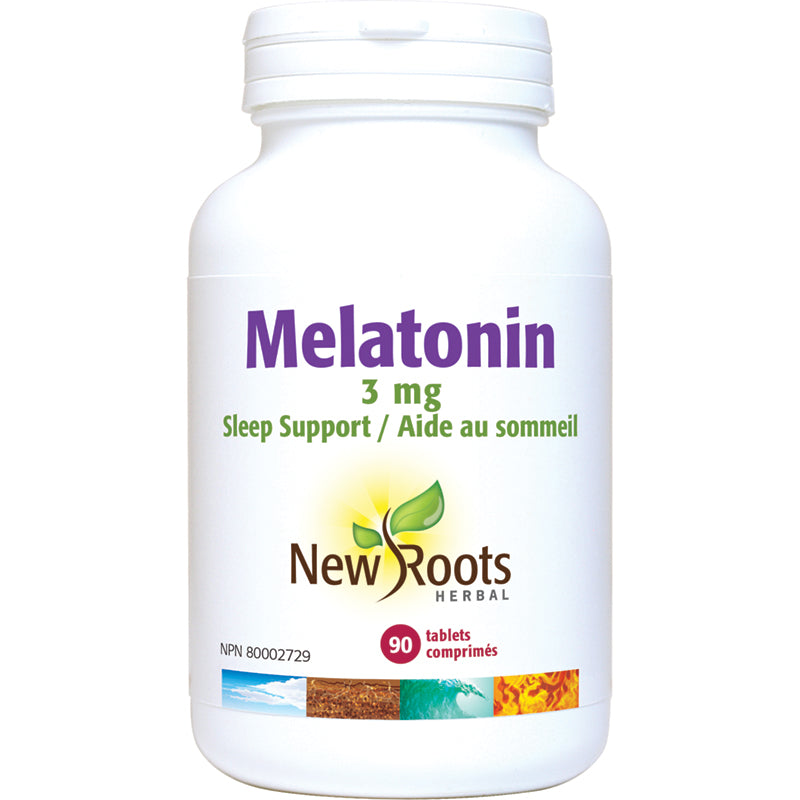

Melatonin is not the major regulator of normal sleep patterns, but undoubtedly has a major effect. One topic that has generated a large amount of interest using melatonin alone, or in combination with phototherapy, is to treat sleep disorders. There is some indication that melatonin levels are lower in elderly insomniacs relative to age-matched noninsomniacs, and melatonin therapy in such cases appears modestly beneficial in correcting the problem. Another sleep disorder is seen in shift workers, who often find it difficult to adjust working at night and sleeping during the day; the utility of melatonin therapy to alleviate this problem is equivocal and appears not to be as effective as phototherapy. Still another condition involving disruption of circadian rhythms is jet lag; in this case, it has repeatedly been demonstrated that taking melatonin close to the target bedtime of the destination can alleviate symptoms—melatonin has the greatest beneficial effect when jet lag is predicted to be worst (e.g. crossing many time zones). In various species including humans, administration of melatonin has been shown to decrease motor activity, induce fatigue, and lower body temperature, particularly at high doses. The effect on body temperature may play a significant role in melatonin’s ability to entrain sleep-wake cycles, as in patients with jet lag.
Each tablet contains:
| Melatonin | 3 mg |
Other ingredients: Dicalcium phosphate, microcrystalline cellulose, croscarmellose sodium, silicon dioxide, vegetable magnesium stearate, and vegetable stearic acid.
Adults: Take 1–3 tablets daily, only at or before bedtime, or as directed by your health-care practitioner.
Duration of use: Consult a health-care practitioner for use beyond 4 weeks.
